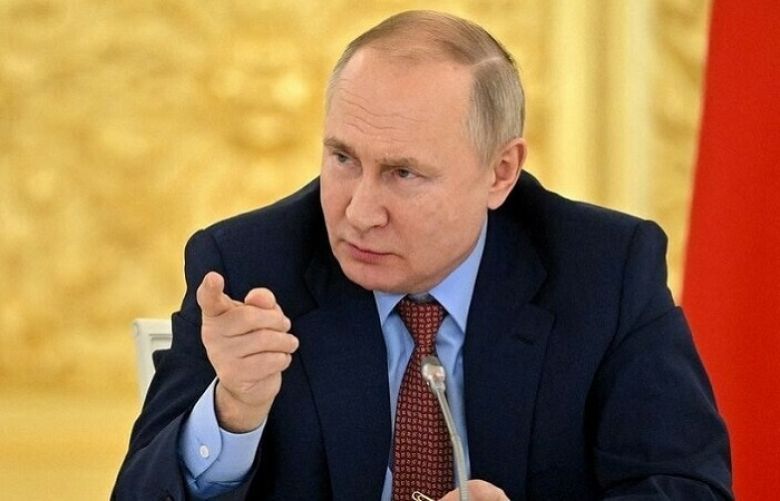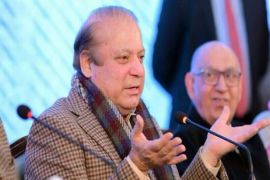The Kremlin said on Thursday that China had the sovereign right to hold major military drills around Taiwan and accused the United States of artificially fuelling tensions in the region.
China fired multiple missiles around Taiwan on Thursday as it launched unprecedented military drills a day after a visit by US House of Representatives Speaker Nancy Pelosi to the self-ruled island that Beijing regards as its sovereign territory.
Asked about China’s drills, Kremlin spokesman Dmitry Peskov said: “This is China’s sovereign right.”
“The tension in the region and around Taiwan was provoked… by the visit of Nancy Pelosi,” Peskov told reporters on a conference call. “It was an absolutely unnecessary visit and an unnecessary provocation.”
Pelosi was the highest-profile elected US official to visit Taiwan in 25 years, and said her trip made it “unequivocally clear” that the United States would not abandon a democratic ally.
It sparked a furious reaction from Beijing, which vowed “punishment” and announced military drills in the seas around Taiwan — some of the world’s busiest waterways.
The exercises, which began around 12 pm (0400 GMT), involve “live-firing”, according to state media.
The exercises are taking place in multiple zones around Taiwan — at some points within just 20 kilometres (12 miles) of the shore — and will conclude at midday on Sunday.
Taiwan’s defence ministry said it was closely watching the drills.
“The Ministry of National Defence stresses that it will uphold the principle of preparing for war without seeking war, and with an attitude of not escalating conflict and causing disputes,” it said in a statement.
Taiwan’s 23 million people have long lived with the possibility of an invasion, but that threat has intensified under President Xi Jinping, China’s most assertive ruler in a generation.
The island is once again a flashpoint between the United States and a Chinese leadership keen to project strength ahead of a crucial ruling party meeting this autumn at which Xi is expected to be given an unprecedented third term.







